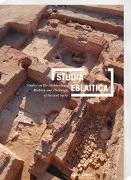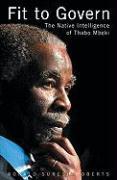Studia Eblaitica 4
BücherAngebote / Angebote:
The aim of this new international journal is to contribute to developing the study of the interpretation and understanding of the ancient cultures of Syria, remaining as open as possible to the different methodologies and problems that characterize present-day research.
Thanks to the generous policy of international collaboration pursued by the cultural authorities of the Syrian Arab Republic, the increase in archaeological research in Syria, particularly from the 1970s on, opened up a series of new perspectives on the study of ancient Syria. The discovery of the Royal Archives of Ebla was decisive in this renaissance, as well as the role that Ebla played in establishing the very foundations of cultural development in ancient Syria.
This project originates at a time of serious crisis for Syria, whose plight does not even spare the country's magnificent, thousand-year-old cultural heritage. It is also intended as the strongest of hopes for a not-too-distant future of peace, prosperity, harmony and justice for the whole of the Syrian people.
From the contents (altogether 10 contributions):
M. G. Amadasi Guzzo and J.Á. Zamora, The Phoenician marzea¿ - New Evidence from Cyprus in the 4th Century BC
P. Matthiae, The Old Syrian Temple N's Carved Basin and the Relation between Aleppo and Ebla
M. V. Tonietti, Classification of the Ebla Language: Developments from the Ebla Archive and Contemporary Evidence
F. Pinnock, A New Dress for the Maliktum. Attires and Functions of Court-Ladies at Ebla in the Early and Old Syrian Periods
A. Vacca, G. Mouamar, M. D'Andrea, S. Lumsden, A Fresh Look at Hama in an Inter-regional Context. New Data from Phase J Materials in the National Museum of Denmark
F. Manuelli, Drifting Southward? Tracing Aspects of Cultural Continuity and Change in the Late 2nd Millennium BC Syro-Anatolian Region
Folgt in ca. 2-3 Arbeitstagen




